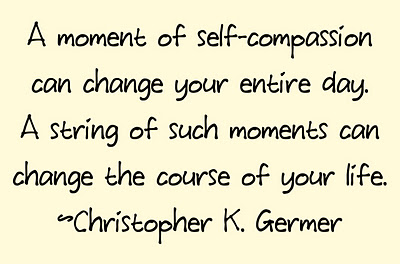Rodney Dietert is Professor of Immunotoxicology at Cornell University in Ithaca, New York. He received his PhD in immunogenetics from the University of Texas at…

Middle school

With the summer break ending, school districts all across the country are humming with activity, preparing for a new school year. Not so in Detroit,…

Dan was a twenty-year-old young man with mild social anxiety and attention deficit disorder who — despite a genius-level IQ — was failing out of college. His social life had…

Pentagon distributed much of the funding to two large defense firms that became the HTS’s principal contractors: BAE Systems and CGI Federal. HTS supporters frequently…

Teenagers today face many challenges, often including intense expectations and pressures from their parents, teachers, and friends. Sometimes, however, their harshest critics are not any of these…
